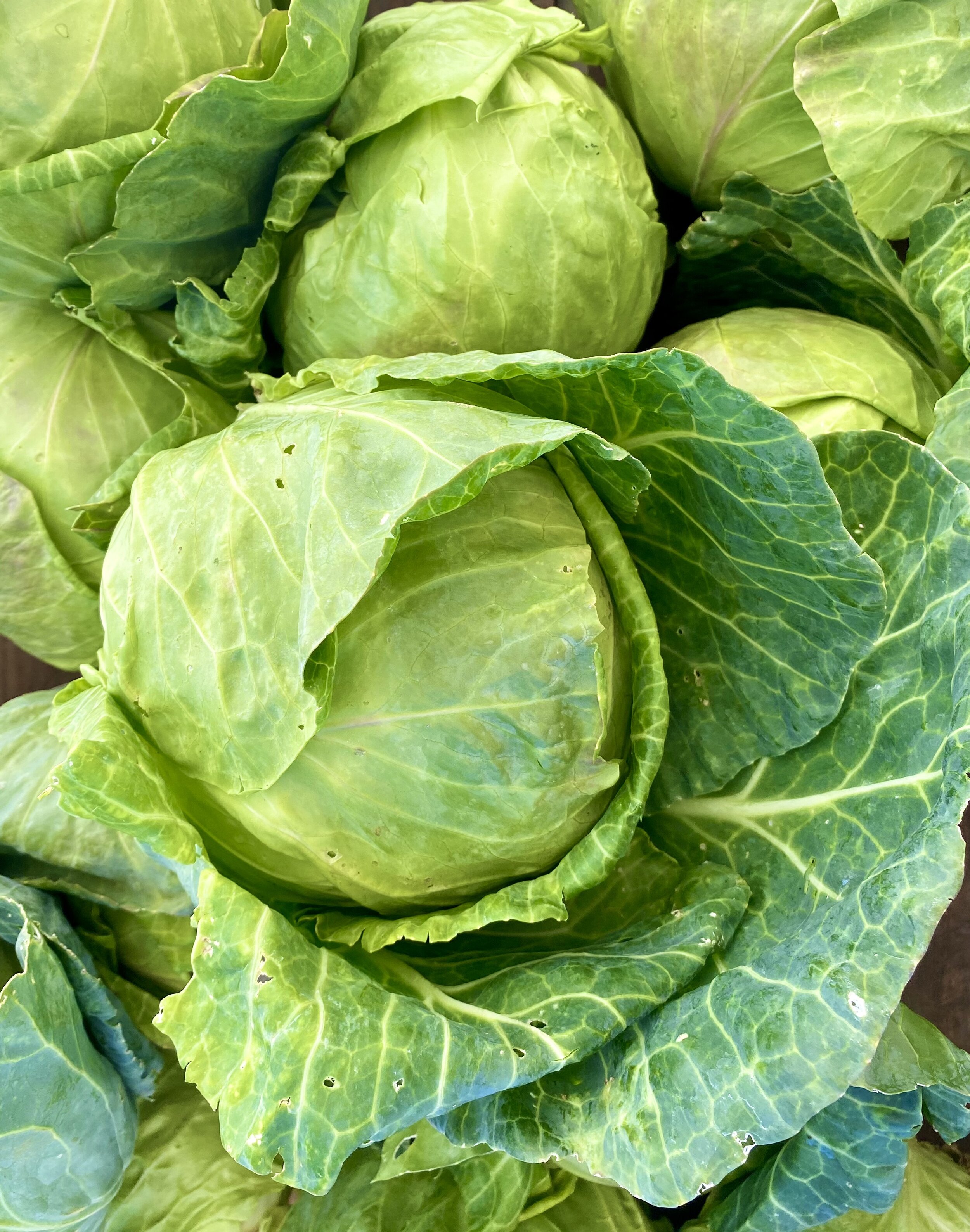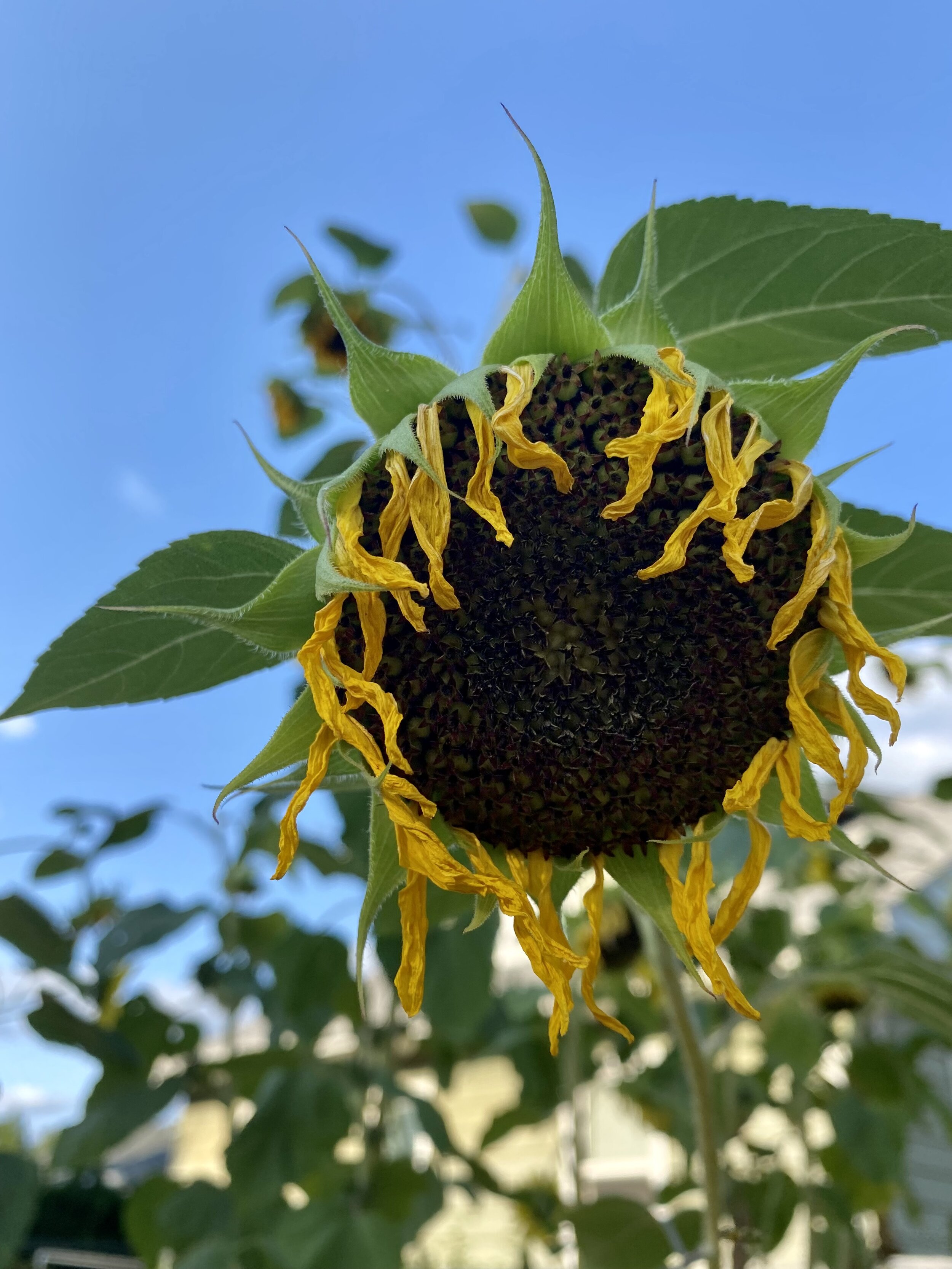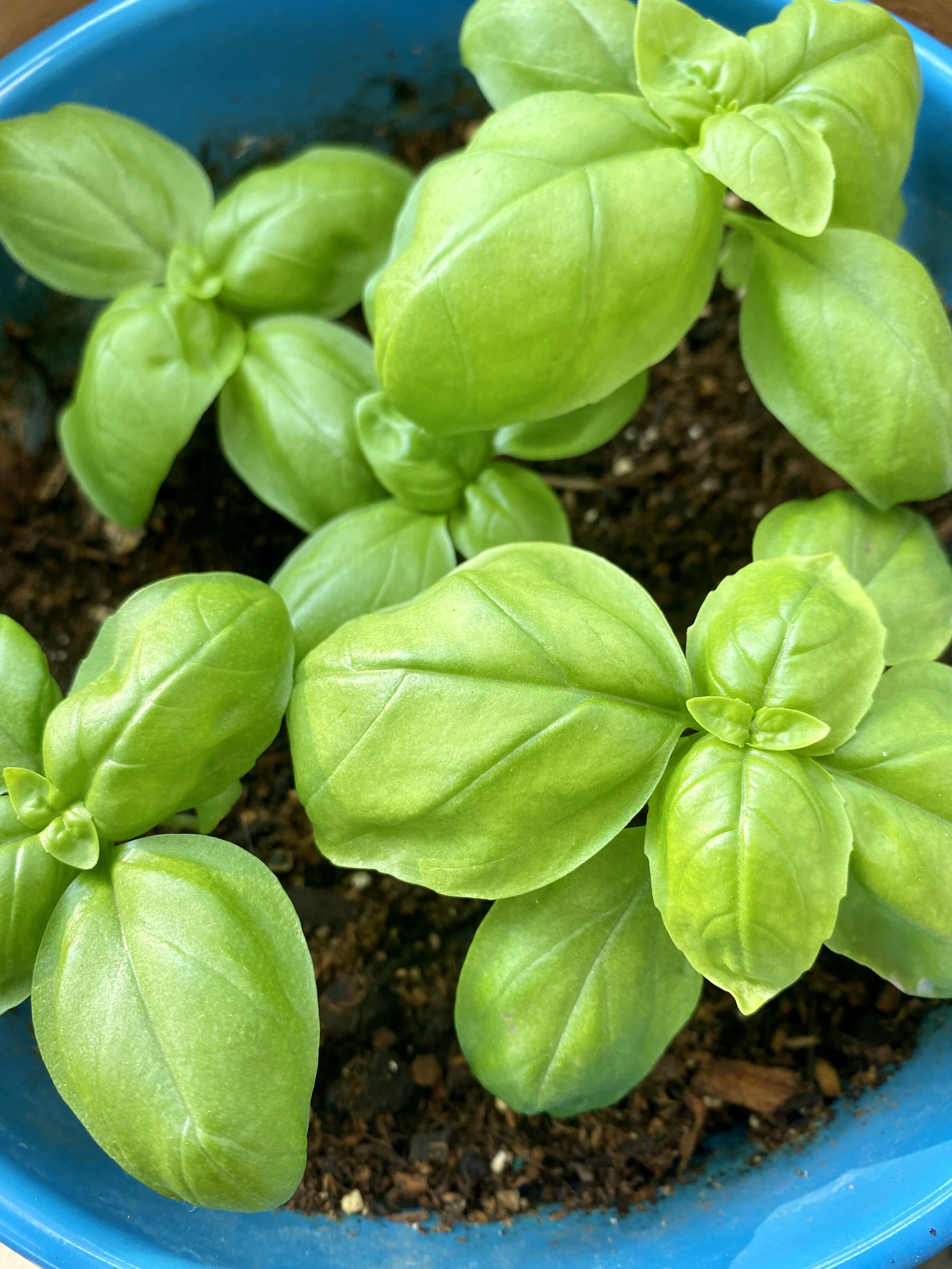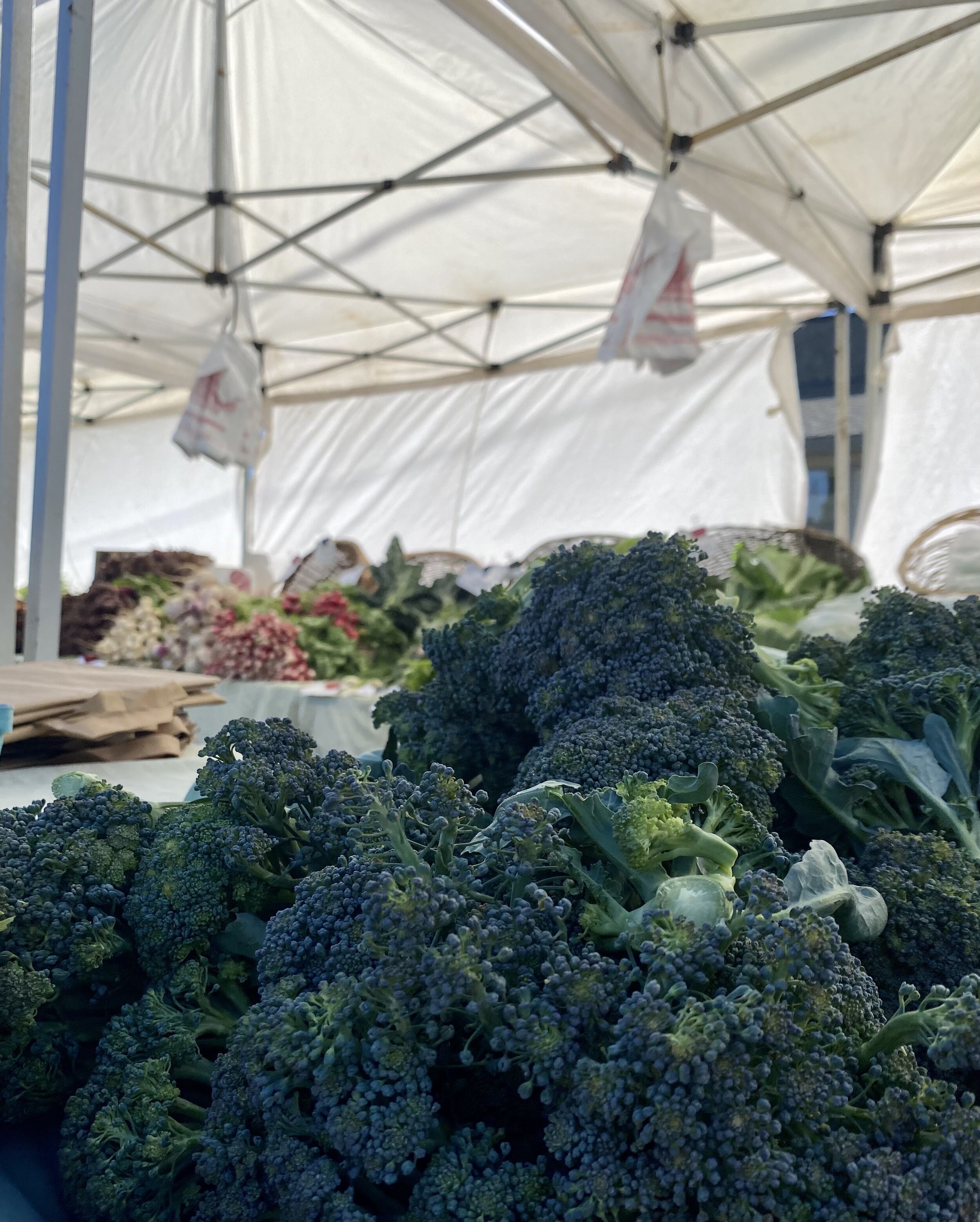Patents on Plants?
When many of us think about “patents” we might think of stunning inventions from lightbulbs to robots to pharmaceuticals. Patents are a legal registration that allows inventors to have exclusive rights to their inventions. My understanding of patents recently took a new turn after reading an article in “gardening know-how” that a friend found while looking for tips to deal with common houseplant pests, and I’ve decided to dive into the world of plant patents. Yep, that’s right, plants can be patented and it’s big business! Every year it’s estimated that the agriculture giant, Monsanto, receives millions of dollars in settlements from lawsuits over patented plants.
Why do we have patents?
Patents are believed to motivate the investment in expensive research and development. For example, imagine a drug that could be used to cure a rare disease: The research and development to create that drug will be expensive and might not be pursued if the company couldn’t guarantee a profit on the final product. A patent allows the inventor or company to have sole rights to the production of the drug and in turn, the profits it produces.
Whether you agree with this politically/economically might be situationally dependent. While we could get into many cases where patent law is essential (or detrimental) today, we’ll stick to food.
It should be noted early in this piece that patent law has an extremely racist history and there are countless examples of Black and Indigenous people in the US creating unique inventions that white men and women instead profited off because they were either ineligible to apply for patents (the government did not recognize them as citizens) or they lacked the resources for the legal patent process. You can read more here.
Which plants and animals can be patented?
Patents are a messy business and products can often be patented in some countries but not in others. Patents also have a limited lifespan, and this provision can often lead to a lot of product “copying” after a given patent expires (think, generic versions of drugs).
When it comes to plants, according to the US Patent and Trademark Office: “A plant patent is granted … to an inventor who has invented or discovered and asexually reproduced a distinct and new variety of plant, other than a tuber propagated plant or a plant found in an uncultivated state. The grant, which lasts for 20 years from the date of filing the application, protects the patent owner’s right to exclude others from asexually reproducing the plant, and from using, offering for sale, or selling the plant so reproduced, or any of its parts, throughout the United States, or from importing the plant so reproduced, or any part thereof, into the United States.”
This means that plant patents can provide protection for the following:
GMO plants
New plants that are discovered or invented in a cultivated state and can be asexually reproduced
New plant strains that are derived from crossbreeding
Plants that are sexually reproduced by licensees. Their seeds cannot be given or sold to other parties for planting.
Plant patents have existed since the 1930s and have offered a way for horticulture brands to create niche markets with cultivars and special varieties. Some plants that are patented are GMOs while others are just special conventionally bred varieties. While the presence of patents has led to some protections for plant breeders, they have also resulted in immense anxiety and limitations for many farmers.
Implications patents have on our food system
When it comes to food, a patent on Oreos or another processed food product makes sense. A patent on a chemical fertilizer makes sense. But where does the line for patenting start to get questionable in agriculture? For many, the idea of patenting a living thing crosses the line and pushes the limit of what would be ethical to call an “invention.”
When thinking about our food system and plant patenting, we also need to consider who is holding the power when it comes to patenting and profiting off of these plants. A report from the Center for Food Safety called “Seed Giants vs US Farmers” revealed the dominance that large firms and their genetically altered crops have in the US and global markets. It found that 53% of the world's commercial seed market is controlled by just three firms – Monsanto, DuPont and Syngenta. Meanwhile genetically-altered commodity crops – and thus the influence of patent protection – have spread to become overwhelmingly dominant. In the US some 93% of soybeans and 86% of corn crops come from such seeds.
Another consequence of plant patents in agriculture is that patented seed cannot be saved and regrown the next year. Seed saving has been a core part of farming since literally the beginning of agriculture, and to this day, seed purchasing is one of the biggest costs to farmers. By limiting farmers' ability to save seed through patenting, corporations can continue to wield greater control over farmers. Like I mentioned in the beginning of this article, these patents can lead to legal battles, which usually prevail in the company’s favor.
What does this all mean
At this time, it’s hard to know how exactly patents will continue to affect our food system. There have been examples of farmers being sued over growing patented genetic material unknowingly and seeing millions of dollars in legal repercussions. For many US farmers they can fight those legal battles, for some farmers in the global south they may not be able to afford to do so, and also may have saved seed without knowing anything about the seed company due to communications barriers. While these examples are dramatic and important, I find the general corporate consolidation of seed production to be most concerning.
What is important to understand, is that seed saving is an essential part of sustainable food systems and sustainable financial independence for farmers. The consolidation of seed production to a few companies should cause alarm for all consumers, and the corporatization of agriculture from seed to table is something that takes power away from those potentially interested in entering the profession and diversifying our food systems.
What about plant patenting strikes you as most concerning or most promising?
Resources:
https://sitn.hms.harvard.edu/flash/2015/the-patent-landscape-of-genetically-modified-organisms/
https://www.uspto.gov/patents/basics/types-patent-applications/general-information-about-35-usc-161
https://en.wikipedia.org/wiki/Monsanto_Canada_Inc_v_Schmeiser
https://www.theguardian.com/environment/2013/feb/12/monsanto-sues-farmers-seed-patents



